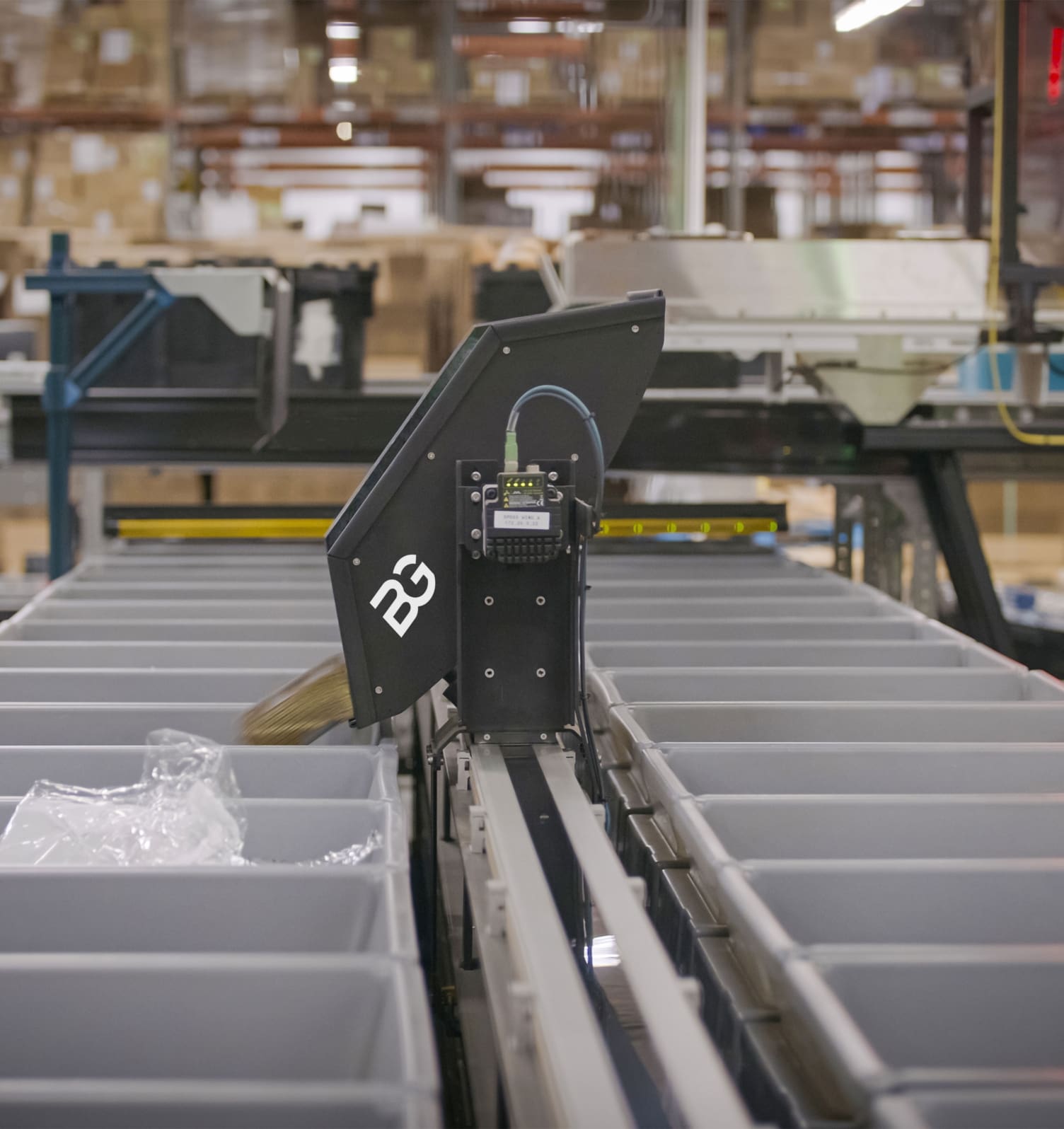We find that it is key to leverage the experience we gain from past installations and create new, fresh solutions for our client’s that are tailored to their unique business needs but rooted in the successes of the past.
Below please find a sample of some of the case studies for the systems that we have integrated. For over 30 years Conveyco has installed systems in nearly every industry imaginable.

Our mission is to provide innovative, reliable, and efficient system integration solutions that exceed our customers’ expectations.